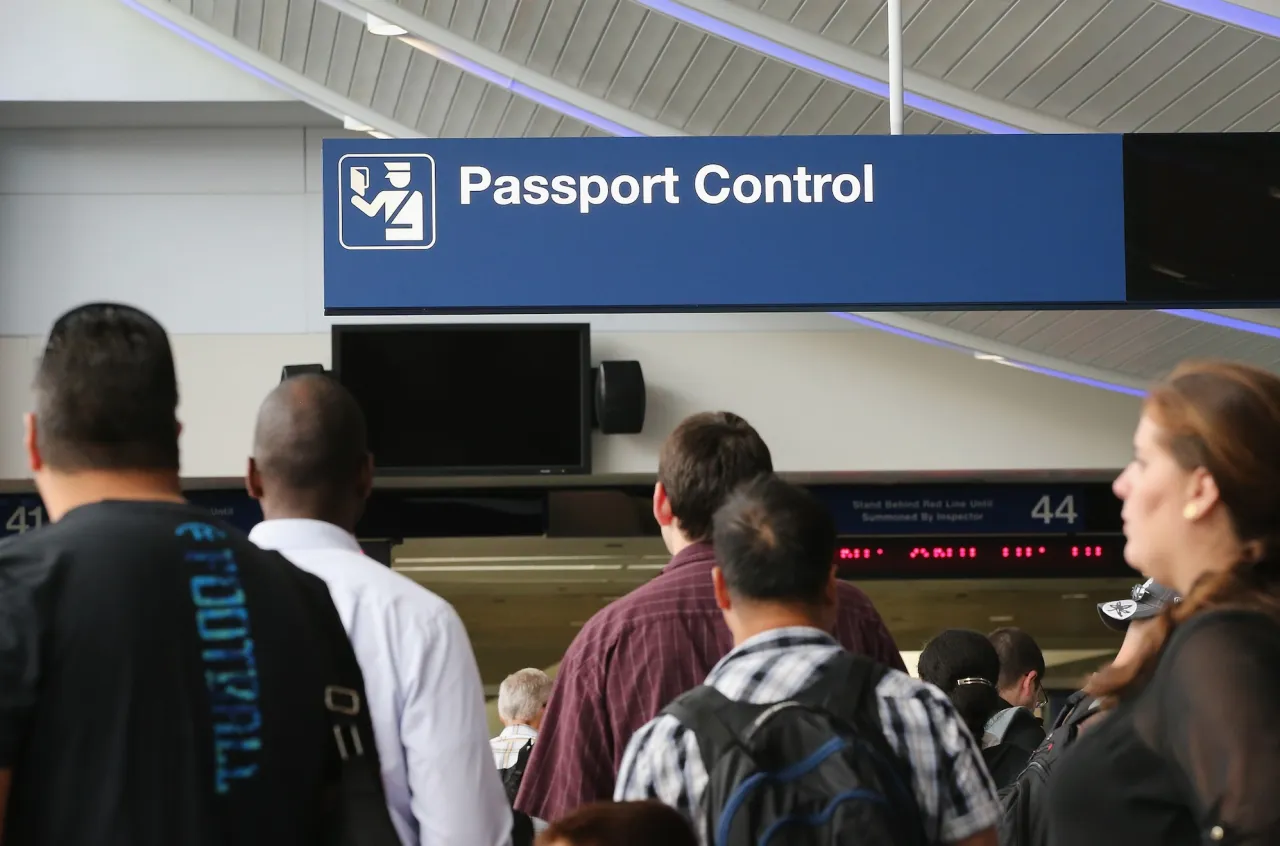
In a significant decision,a federal district court in New York has ruled that U.S.border agents must obtain a warrant before searching the electronic devices of Americans and international travelers crossing the U.S.border.The ruling,issued on July 24,challenges the U.S.government’s longstanding position that border agents can access travelers’devices without a court-approved warrant.
Context and Implications
Civil liberties groups have praised the decision,highlighting its reinforcement of privacy rights.Scott Wilkens,senior counsel at the Knight First Amendment Institute,stated,“The ruling makes clear that border agents need a warrant before they can access what the Supreme Court has called‘a window into a person’s life.’”The ruling applies to the U.S.Eastern District of New York,affecting major airports like John F.Kennedy International Airport.
The Case of Kurbonali Sultanov
The ruling originated from a criminal case involving Kurbonali Sultanov,a U.S.citizen whose phone was seized by border agents at JFK Airport in 2022.Agents compelled Sultanov to provide his password,leading to the discovery of alleged child sexual abuse material.Sultanov argued that the search violated his Fourth Amendment rights,prompting the court to rule the warrantless search unconstitutional.
Legal and Privacy Concerns
The U.S.border has historically been a zone with reduced privacy rights,where both international travelers and Americans can face intrusive searches.The U.S.government has asserted unique powers at the border,including warrantless device searches,a practice critics argue violates the Fourth Amendment’s protections against unwarranted searches and seizures.
The judge’s decision relied on arguments presented in an amicus brief by the Knight First Amendment Institute and the Reporters Committee for Freedom of the Press.The brief contended that such searches pose a high risk of chilling effects on press activities and other First Amendment freedoms.The court concurred,expressing concerns about the impact of warrantless searches on freedoms of speech,religion,and association.
Government Response and Future Actions
While the court ruled the search unconstitutional,it acknowledged that the government acted in good faith based on existing practices,thus denying Sultanov’s motion to suppress the evidence.The U.S.Customs and Border Protection(CBP)is reviewing the decision,with potential appeals by federal prosecutors to the U.S.Court of Appeals for the Second Circuit possible.
Legislative Efforts and Future Outlook
According to CBP data,over 41,700 device searches of international travelers were conducted in 2023.Lawmakers have attempted to close the loophole permitting warrantless border searches through bipartisan legislation,which has yet to succeed.Given the increasing number of federal court rulings on the issue,the legality of warrantless border searches may ultimately be decided by the Supreme Court,unless legislative action occurs first.